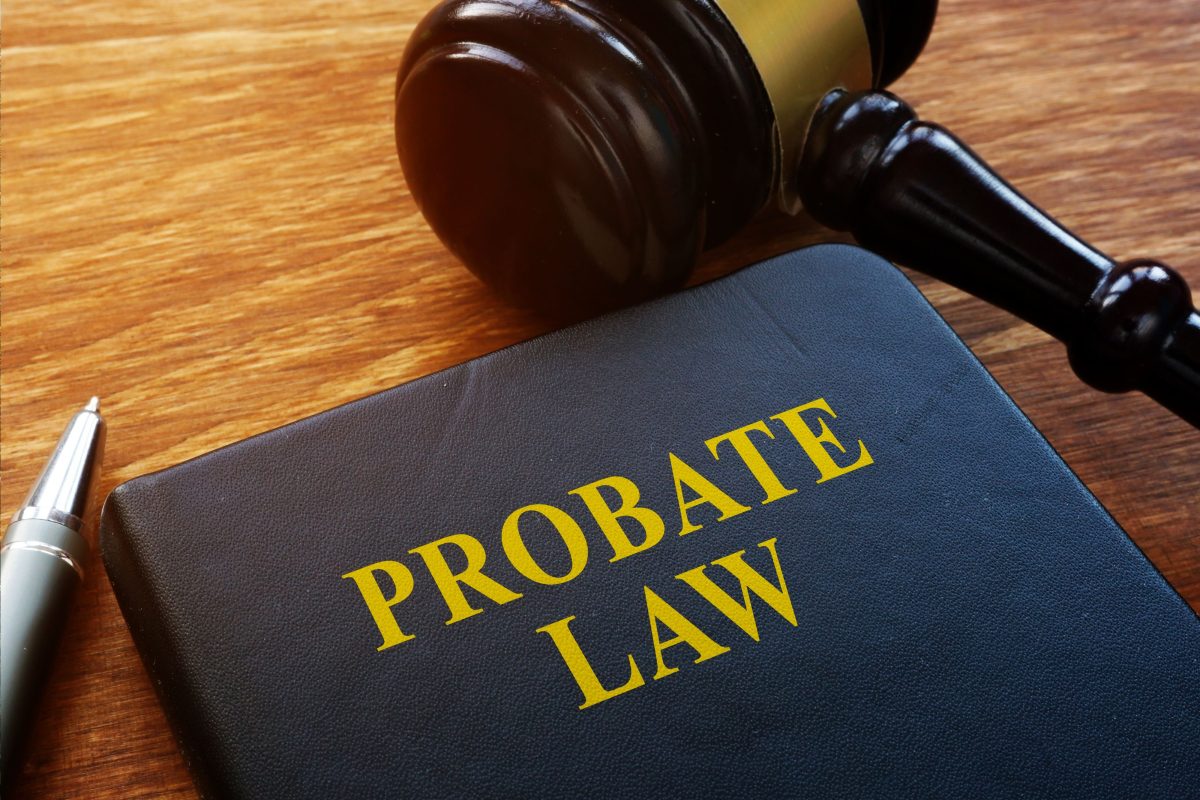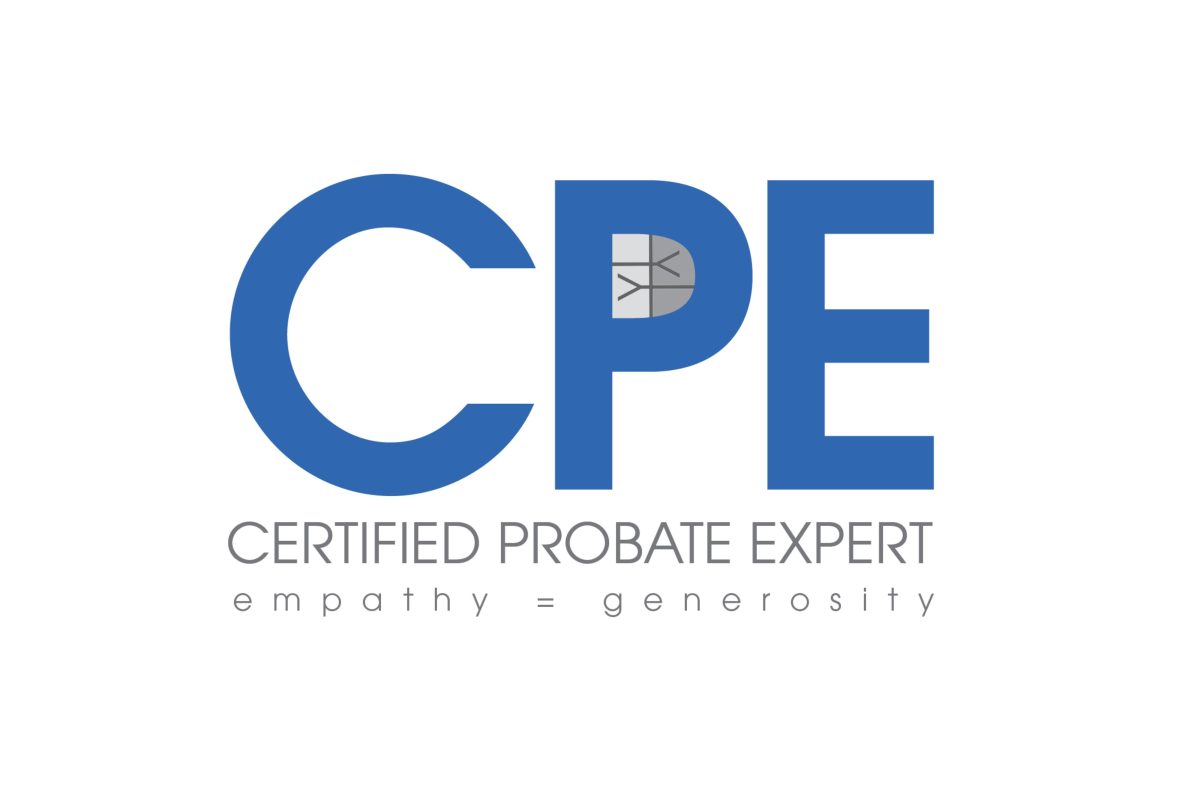Get a Free Probate Real Estate Appraisal in Colorado
Colorado Seniors: The Ultimate Guide to Home Buying with a Reverse Mortgage
Ancillary Probate in Colorado: What You Need to Know
Assume Mortgages After the Death of a Loved One
Losing a loved one is never easy, and when it comes to managing their estate, the process can become even more overwhelming. One of the most common concerns families face is what happens to a mortgage when a relative passes away. Fortunately, the Garn-St. Germain Depository Institutions Act of 1982 provides critical protections that generally allow families to assume the mortgage on inherited property without facing immediate financial pressure.
Expert Advice: Managing After Loss Planning Without a Will
Estate Management Made Easy: Legacy & After Loss Consulting
Whether you’ve personally been through it or know someone who has, you understand how overwhelming it can be to not be prepared for life’s most difficult moments. We’re talking about the unavoidable “D” — Death. When the time comes, the emotional toll can be compounded by the stress of managing legal documents, financial accounts, and personal affairs.
How to Start Probate Without a Will in Colorado
Simplified Steps for the Colorado Probate Process without a Will.
From Cleanup to Close: A Simple Probate Home Sale Guide
Discover how our expert team simplifies the complex process of selling real estate in probate, guiding families through every step with ease and expertise.
What Delighted Clients Say About Colorado Estate Services
Looking for client testimonials for Colorado Estate Services? Explore our satisfied clients’ reviews and experiences with our top-notch services.
Why Hiring an Expert Probate Attorney is Essential
While it’s possible to handle probate without an attorney, doing so is often far more complicated than it seems. Just like pulling your own tooth might seem like a way to save time and money, it’s usually better, faster, and safer to leave it to the professionals. When it comes to probate—especially when real estate or significant assets are involved—hiring a probate attorney can protect you from costly mistakes, help you avoid legal issues, and make the entire process easier.
Easing the Emotional and Stressful Burden of Probate: Our Proven Approach
Navigating the Emotional Toll of Probate with Colorado Estate Services.
How to Maximize Estate Value During Probate
Top Reasons to Hire a Certified Probate Expert
At Cobb Home Team, we are Certified Probate Experts, uniquely qualified to navigate the complexities of the probate process. This certification ensures we adhere to the highest ethical standards and have undergone rigorous training, enabling us to handle all aspects of probate efficiently and effectively. Hiring a CPE provides peace of mind, knowing that your estate is managed by professionals who can offer comprehensive support and expert guidance.
Do You Need Probate in Colorado? Essential Answers
When a loved one passes away, the question often arises: Do I have to file probate if there’s a will? The answer, in most cases, is yes. Even if there is a valid will, probate is typically required to legally transfer ownership of the deceased’s assets to the beneficiaries named in the will. Here’s a detailed look at why probate is necessary and how the Cobb Home Team can assist you during this process.
The Ultimate List of Documents for Colorado Probate
When dealing with the probate process, having the right documents and information is crucial for a smooth and efficient experience. Here’s a comprehensive guide on what you’ll need and how Cobb Home Team can assist you through this challenging time.
How to Open an Estate in Colorado: A Step-by-Step Guide
Ultimate Guide to Estate Closure and Accounting
Once the property has been sold and the sale is finalized, the focus shifts to the distribution of the proceeds. This step is crucial in the probate process as it involves allocating the funds generated from the sale according to the decedent’s will or, in the absence of a will, in accordance with Colorado state law. The personal representative (PR) bears the responsibility of ensuring that this distribution is handled accurately, fairly, and legally.
How to Ensure Fair Estate Proceeds Distribution
Once the property has been sold and the sale is finalized, the focus shifts to the distribution of the proceeds. This step is crucial in the probate process, as it involves allocating the funds generated from the sale according to the decedent’s will or, in the absence of a will, in accordance with Colorado state law. The personal representative (PR) bears the responsibility of ensuring that this distribution is handled accurately, fairly, and legally.

















